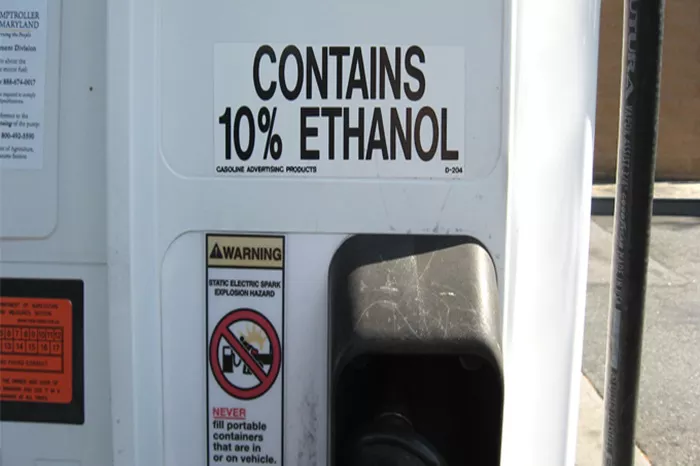Ethanol, a renewable fuel derived primarily from plant materials such as corn, has become a significant component of modern gasoline blends. This article explores the various impacts of ethanol on gasoline, covering blending ratios, energy content differences, effects on fuel economy, environmental implications, engine performance considerations, and economic factors.
Ethanol to Gasoline Blending Ratios
Ethanol is commonly blended with gasoline to create different fuel mixtures, each denoted by an “E” number indicating the percentage of ethanol in the blend. The most common blends include E10 (10% ethanol, 90% gasoline) and E85 (up to 85% ethanol, with the remainder being gasoline). These blends are widely used across the automotive industry and have varying implications for vehicle performance and environmental impact.
Energy Content Differences
One significant characteristic of ethanol-blended fuels is their lower energy content compared to pure gasoline. For instance, pure ethanol (E100) contains about one-third less energy per unit volume than pure gasoline. This disparity directly affects the mileage or fuel efficiency of vehicles using ethanol blends, as less energy per gallon of fuel translates to reduced distance traveled per unit of fuel consumed.
Effect on Fuel Economy
The introduction of ethanol into gasoline blends can lead to a decrease in fuel economy for vehicles. Studies have shown that E10 blends, which are prevalent in many markets, can reduce mileage by 2-3 miles per gallon compared to pure gasoline. This reduction is primarily due to ethanol’s lower energy density, necessitating higher fuel consumption to achieve the same distance traveled.
Environmental Impact
Ethanol plays a crucial role in reducing air pollution when added to gasoline. As an oxygenate, ethanol helps gasoline burn more completely, reducing harmful tailpipe emissions such as carbon monoxide and hydrocarbons. This environmental benefit has been a driving factor in the widespread adoption of ethanol blends in regions with stringent air quality regulations.
See also: What Is Ethanol Fuel?
Effect on Engines
The chemical properties of ethanol can impact the performance and longevity of engines differently than gasoline. One critical characteristic is ethanol’s hygroscopic nature, meaning it attracts and absorbs water molecules from the environment more readily than gasoline. This moisture absorption can lead to phase separation in fuel tanks and corrosion in certain engine components if not properly managed.
Additionally, ethanol’s tendency to decompose faster than gasoline can pose challenges in storage and distribution, potentially affecting fuel quality over time. These factors require careful consideration, especially for engines designed primarily for gasoline use.
Economic Benefits
Despite its lower energy density and potential impact on fuel efficiency, ethanol-blended fuels can offer economic advantages under certain conditions. Ethanol is often cheaper to produce than gasoline, primarily due to agricultural subsidies and favorable production economics. This cost-effectiveness can translate into savings at the pump for consumers, balancing out some of the increased fuel consumption associated with ethanol blends.
Furthermore, ethanol production supports agricultural economies, providing additional economic benefits through job creation and rural development. These factors contribute to the broader economic rationale for incorporating ethanol into the fuel supply.
Conclusion
Ethanol’s integration into gasoline blends represents a complex interplay of environmental, economic, and technological factors. While ethanol contributes to reducing air pollution and supports agricultural economies, it also presents challenges such as reduced energy content and potential impacts on engine performance. Understanding these dynamics is crucial for policymakers, industry stakeholders, and consumers alike as they navigate the evolving landscape of renewable fuels and sustainable energy solutions.
In summary, ethanol’s role in gasoline blends underscores the ongoing quest for balancing energy security, environmental sustainability, and economic viability in the transportation sector. As technology advances and regulatory landscapes evolve, continued research and innovation will shape the future trajectory of ethanol’s contribution to the global energy mix.
Related topics:

